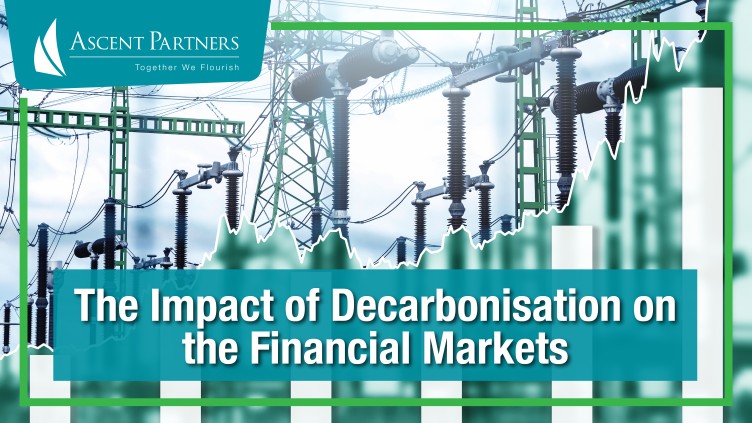
The Impact of Decarbonisation on the Financial Markets
Decarbonisation is touted as the solution to Climate Change, but moving away from over 200 years of industrialisation will not come easily.
At the recent Bloomberg “BNEF Sustainability Series: Transitioning to Net Zero” discussion, held at the Asia Society in Admiralty, on Friday 24 March, Surendra Rosha, Co-Chief Executive, HSBC Asia-Pacific, was adamant that decarbonisation is an ongoing process, and will not be achieved overnight.
And Hong Kong can be a major player.
“Hong Kong has the deepest Capital Market in Asia,” Surendra said. This puts Hong Kong at the vanguard of financing the transition from a high-carbon economy towards a low-carbon economy.
He was keen to point out that to achieve Net Zero, Hong Kong is ideally placed to act as a “super-connector” to China.
China is key to transitioning to a low-carbon economy, and the government has set aggressive targets for industry, with Hong Kong being well placed to facilitate the transition, meeting the Hong Government’s own climate change targets over the coming decades.
Surendra was keen to point out that this must be a top-down strategy across all functions in a financial institution, from relationship managers to risk assessment professionals.
“We have hired scientists – not bankers, as their expertise is something traditional financial professionals do not necessarily possess” Surendra advised.
And customers are requesting how financial institutions can help them achieve a Net Zero outcome in their respective industries.
This lead to a very interesting discussion between HSBC and Bing Li, Head of APAC, Bloomberg, the interviewer.
“Sectors and industries need to be assessed individually, ” Surendra said. A fossil fuel power company will not be able to shift overnight to renewable energy. It will take time.
They will still need financing to pay for that transition. Which is where misunderstandings can occur. Providing preferential financing terms to so-called “dirty” industries, is, unfortunately, unavoidable in the short term.
However, to achieve Net Zero by 2060 (PRC) or 2050(HK), for example, we have to start somewhere.
As humanity slowly weans itself off fossil fuels, investment in people, technology, and possibly, most importantly, mindset, it is time to plan for the future, without abandoning the past.
Therefore financing will be required throughout the journey. Maybe not the more traditional finance models that we are used to, but new and innovative ways to finance the transition to Net Zero.
